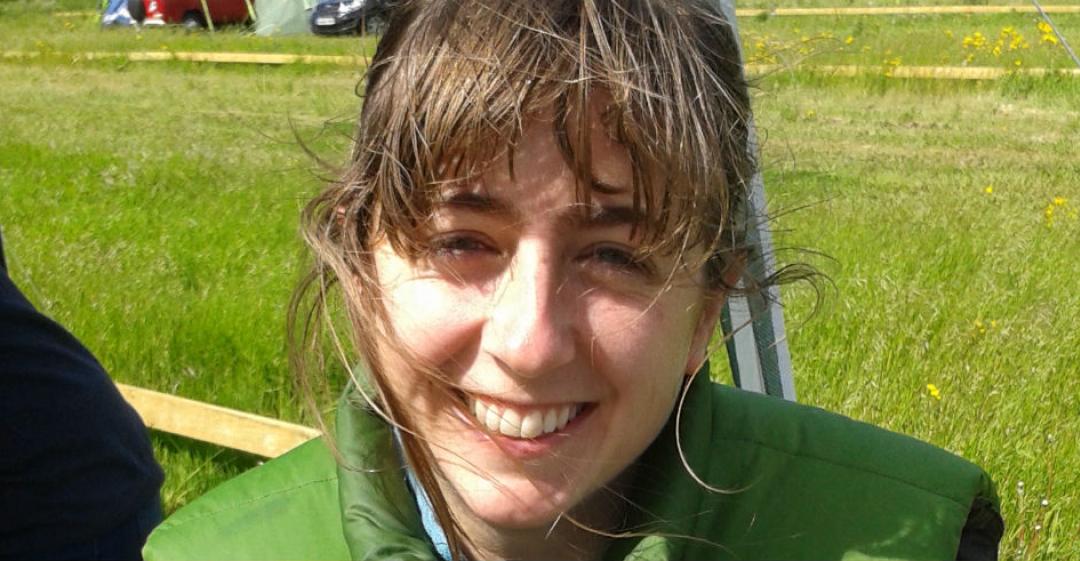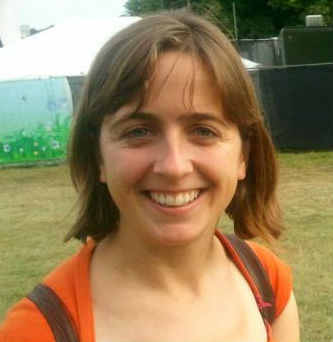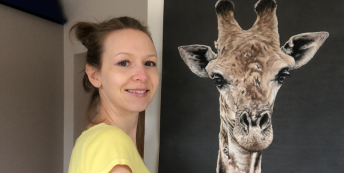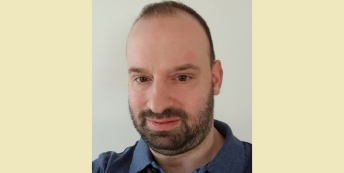“It's the most challenging and difficult job I have ever done, and it's also the most rewarding.”

What work were you doing previously?
I was a project manager.
I started my career working in the charity sector. Later, I worked in planning and regeneration (after I had completed training as a town planner).
What are you doing now?
I'm an English teacher.
Why did you change?
I became very frustrated with the red tape in the world of planning.
I also wanted to do something that I felt had a more direct impact on people than planning did. My first degree was in English and I liked the idea of sharing my enthusiasm for the subject with young people.
When was the moment you decided to make the change?
I taught in Japan for two years and did some volunteering for a charity called Envision, which works with young people to do social action projects.
I liked the challenge and excitement of working with young people; I found them funny and interesting.
Are you happy with the change?
Yes, on the whole.
However, the perception of teachers in the media and society in general can make it a difficult profession to be part of.
What do you miss and what don't you miss?
I miss the fact that when you're working in an office and you have a bad day, you can hide behind a computer to a certain extent. In teaching you always have to perform – you're the one at the front of the classroom driving things forward!
I don't miss the boredom and lack of challenge that I felt in some of my previous jobs. I also don't miss the red tape and how things felt like they were moving very slowly in the regeneration / planning sector.
How did you go about making the shift?
I applied for the Graduate Teacher Programme so that I could train on the job.
This involved finding a sponsor school (which some teacher friends helped me out with) and then applying, with the school's backing, to The Institute of Education. This programme is now called Schools Direct.
What didn't go well? What 'wrong turns' did you take?
As is well documented, the training year for teaching is extremely tough.
I was well outside my comfort zone and sometimes found working with the trickier kids extremely challenging. However, my colleagues were enormously supportive and the highs of teaching (when you teach a good class or build a relationship with a student who has previously been disaffected) are immense.
I think that the most important thing for me has been perseverance – each year in teaching things have got better and easier.
How did you handle your finances to make your change possible?
The Graduate Teacher Programme paid me while I trained.
I think the experience that I had gained prior to getting on to the course (through volunteering and teaching abroad) helped me secure the place. I had to take a pay cut, but the money that I got during training was enough to live on.
What was the most difficult thing about changing?
It was hard being much older than some of the other trainees and teachers that I worked with, yet more junior within the working environment. I had to overcome my own ego in that sense.
Also, whilst I believe strongly that teaching is one of the most important things that you can do (and that we should be trying to encourage lots of people into it), there is a fair amount of prejudice against the profession, which can be hard to handle.
Despite the perceptions of some (about when the day finishes or the length of the holidays, for example), it is the most challenging and difficult job I have ever done, whilst also being the most rewarding.
What help did you get? 
I was enormously supported by colleagues at my training school as well as friends and family whilst I got through my first couple of years.
Also, the Institute of Education is a very supportive and exciting place to study.
What have you learnt in the process?
I've learnt that one of the most important things in teaching is not to be too perfectionist or hard on myself (I think this is relevant in other jobs, too).
In teaching there are always situations that I wish I'd handled differently. But instead of letting them weigh me down, the key is to learn from them, think about how I can do things differently next time and, wherever possible, keep a sense of humour and perspective about things.
What do you wish you'd done differently?
I wish I hadn't worried so much about getting everything right first time.
What would you advise others to do in the same situation?
Stick at it.
Try to put aside how other people view you – focus on what you think is good and important.
What resources would you recommend to others?
TES is a good place to start looking for teaching jobs.
What lessons could you take from Oci's story to use in your own career change? Let us know in the comments below.



